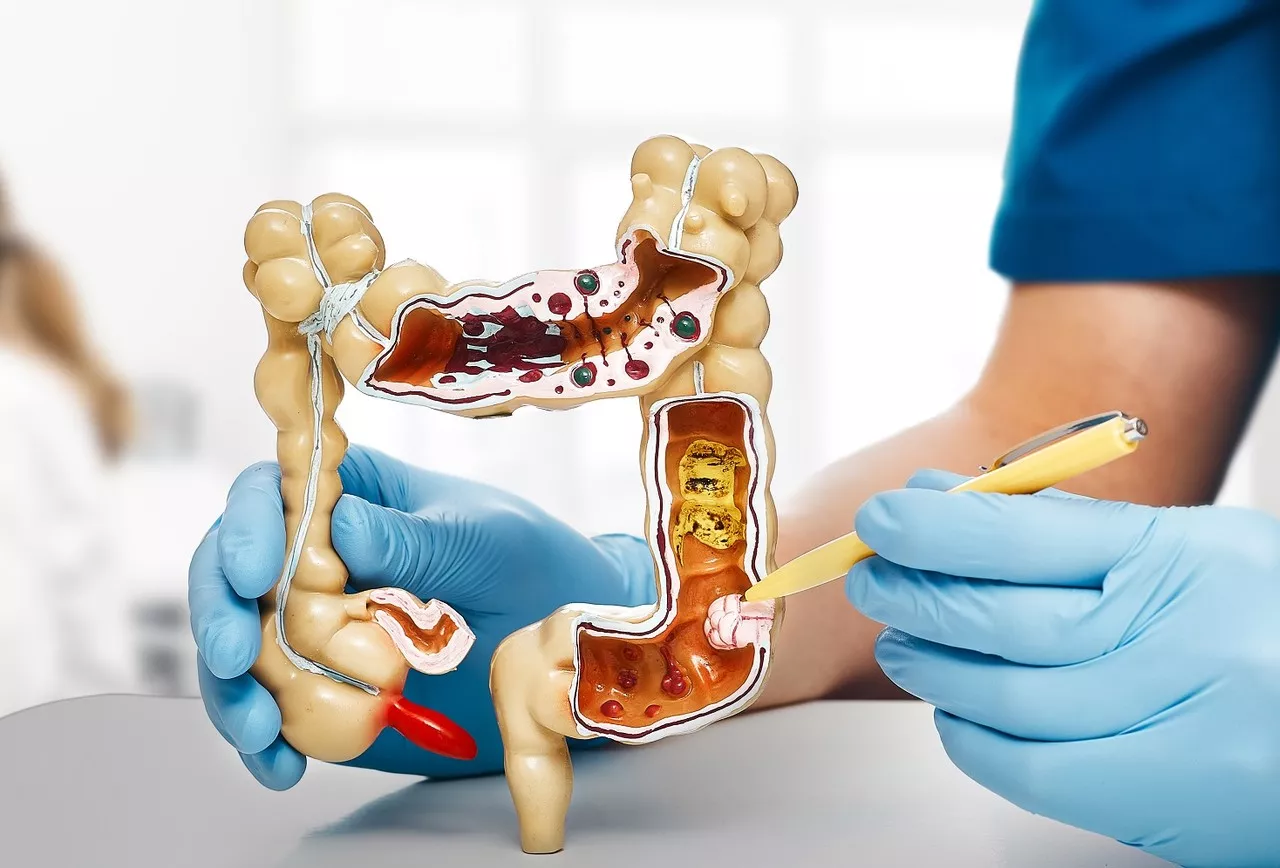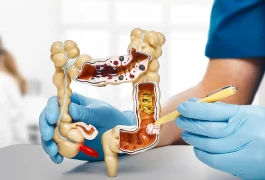
Six Ways to Reduce the Risk of Colorectal Cancer
- Six Ways to Reduce the Risk of Colorectal Cancer
- Take test for colorectal cancer
- Eat lots of vegetables, fruits and grains
- Exercise consistently
- Manage your weight
- Do not smoke
- Avoid alcohol
Colorectal cancer is one of the most common cancers. 1 in 25 people will develop colon or rectal cancer at some point in their lives. However, there are some things to reduce the risk.
Take test for colorectal cancer
CT scan is a test to find cancer before signs or symptoms appear. These tests can detect colon or rectal cancer at an early stage when treatment is most likely to be successful. Some colorectal screening tests can detect and remove precancerous growths (polyps) in the colon or rectum. Polyps are not cancerous, but cancer can develop from polyps over time. Removing them reduces the risk of cancer. Talk to your doctor about when to start screening and which scans are right for you.
Eat lots of vegetables, fruits and grains
Eating a diet rich in vegetables, fruits, and whole grains can reduce your risk of colon and rectal cancer. In addition, reducing the consumption of lean meat and processed meat (sausage and some delicatessen meats) reduces the risk of colorectal cancer.
Exercise consistently
If you do not lead a physically active life, you may be more susceptible to colorectal cancer. Being more active can help reduce risk.
Manage your weight
Being overweight or obese increases the risk of developing and dying from colon or rectal cancer. You can control your weight by eating healthier and increasing your physical activity.
Do not smoke
Long-term smokers have a higher risk of developing colon or rectal cancer than non-smokers. If you smoke and want to quit, get support from your doctor.
Avoid alcohol
Drinking alcohol is associated with an increased risk of colorectal cancer. According to a study, diet, weight and exercise are closely associated with the risk of colorectal cancer. Changing your lifestyle can be difficult. But the changes may also reduce the risk of other serious diseases, such as other types of cancer, heart disease, and diabetes.





